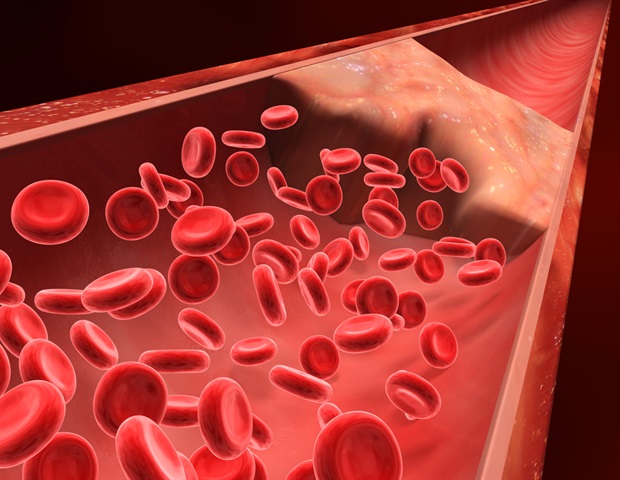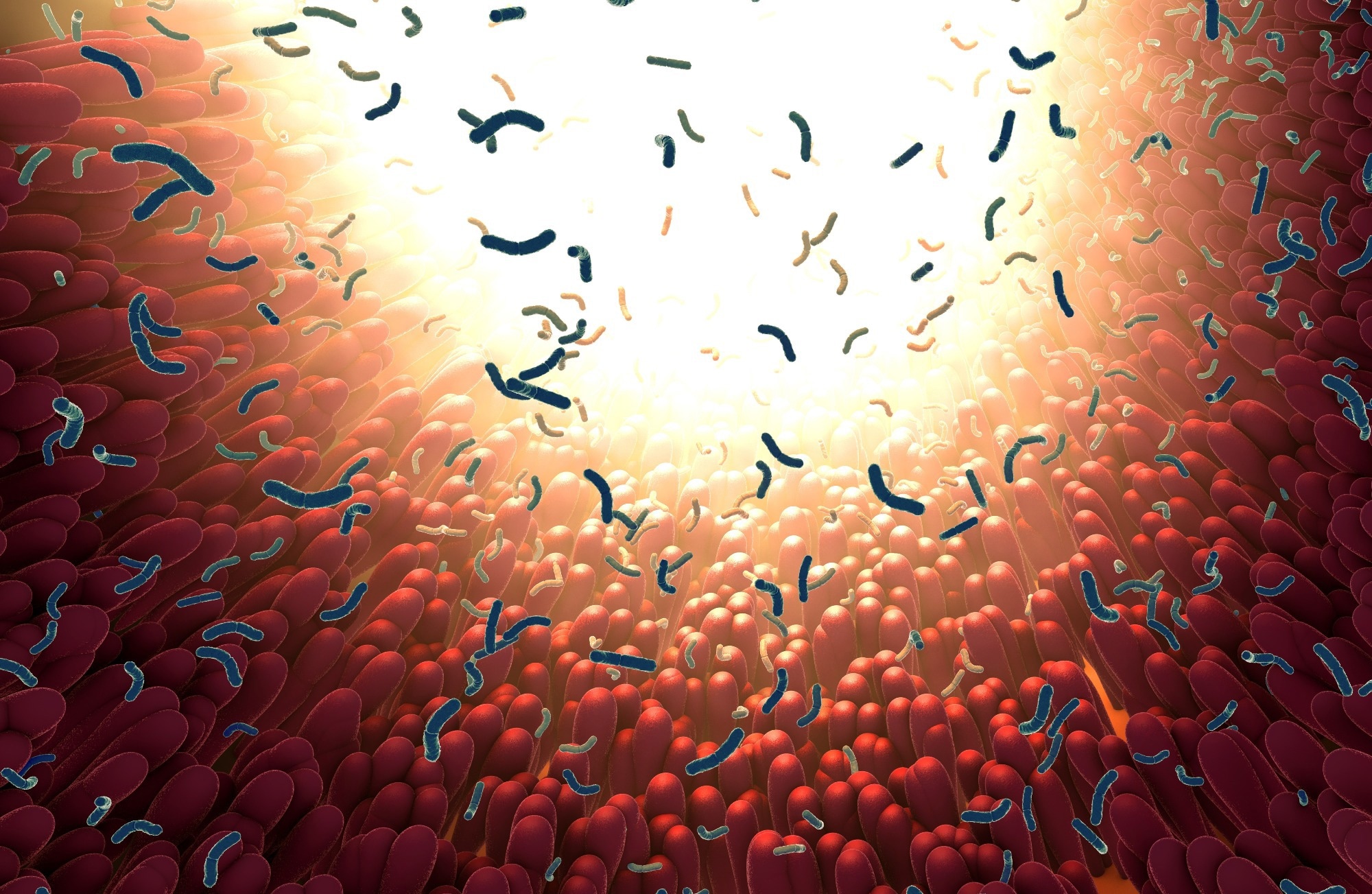The Science Behind Living to Extremely Old Age
This copy is for your personal, non-commercial use only. Distribution and use of this material are governed by our Subscriber Agreement and by copyright law. For non-personal use or to order multiple copies, please contact Dow Jones Reprints at 1-800-843-0008 or visit www.djreprints.com. https://www.wsj.com/health/wellness/living-longer-genes-science-4df3c203 Source link credite









